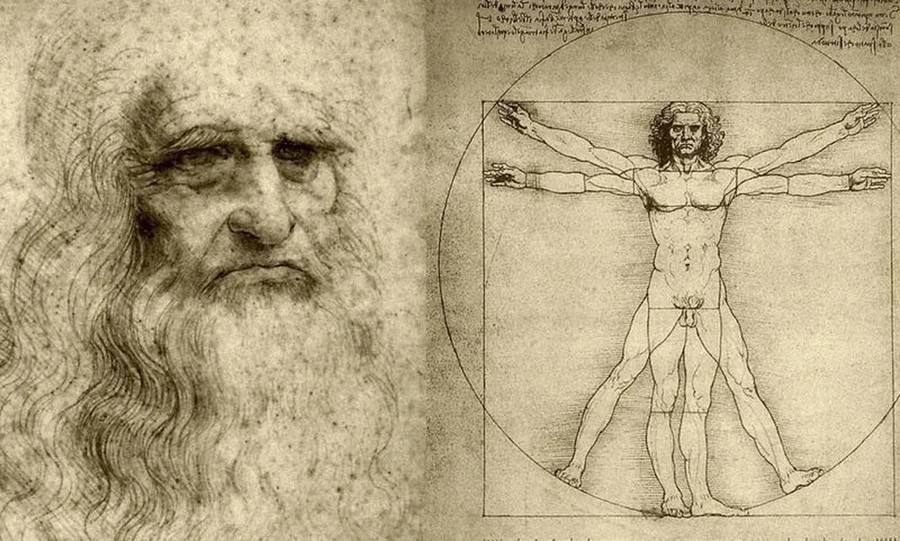In the heart of Mali, the city of Timbuktu stands as a testament to a rich intellectual and cultural heritage. Known for its historical significance as a center of Islamic learning, Timbuktu is home to a treasure trove of ancient manuscripts. These manuscripts, some dating back to the 11th century, cover a vast array of subjects, including medicine, astronomy, mathematics, law, literature, and theology. They are invaluable records of a flourishing scholarly tradition in West Africa. Yet, in 2012, these cultural gems faced the threat of destruction from jihadist militants. Enter Abdel Kader Haidara, a librarian and scholar whose extraordinary efforts safeguarded nearly 400,000 of these irreplaceable documents.
Almost 400,000 ancient manuscripts—some dating back to the 11th century and on subjects as diverse as medicine, poetry, astronomy, and sex—were saved from destruction.
PHOTOGRAPH BY BRENT STIRTON, GETTY IMAGES/NATIONAL GEOGRAPHIC
The Manuscripts of Timbuktu: A Legacy of Knowledge
Timbuktu's manuscripts are a cornerstone of the city's historical and cultural identity. Written in Arabic and various African languages, these documents are housed in private libraries and collections across the city, reflecting a tradition of learning and scholarship that spans centuries. The manuscripts encompass a diverse range of subjects, from theological treatises to scientific works, providing a unique window into the intellectual life of medieval West Africa.
The significance of these manuscripts extends beyond their historical and academic value. They symbolize the rich intellectual heritage of Africa, countering stereotypes of the continent as a place devoid of written history or scholarly achievements. Timbuktu, often referred to as "the city of 333 saints," was a hub of knowledge and spirituality, attracting scholars from across the Islamic world. The manuscripts are a testament to this legacy, embodying the confluence of African and Islamic traditions.
The Crisis of 2012: A Threat to Heritage
The crisis began in early 2012 when a coalition of Tuareg separatists and jihadist groups, including Ansar Dine, affiliated with Al-Qaeda in the Islamic Maghreb (AQIM), seized control of northern Mali, including Timbuktu. These groups imposed a strict interpretation of Sharia law and targeted cultural artifacts they considered un-Islamic. The manuscripts of Timbuktu, despite their Islamic content, were not immune to these threats. The jihadists viewed them with suspicion and, in some cases, as heretical, raising fears that these irreplaceable treasures might be destroyed.
The situation was dire, as similar extremist actions in other parts of the world, such as the destruction of historical sites and artifacts by ISIS, had already shown the lengths to which such groups would go to eradicate cultural heritage.
The Heroic Mission: Abdel Kader Haidara
Abdel Kader Haidara, a native of Timbuktu, comes from a family of scholars and librarians. He had inherited a vast collection of manuscripts from his father, who had been a renowned scholar and librarian. Haidara himself was deeply committed to preserving this heritage, managing the Mamma Haidara Library, which housed a significant portion of Timbuktu's manuscripts.
Realizing the imminent threat posed by the jihadists, Haidara conceived a bold plan to save the manuscripts. With the help of other librarians, local families, and volunteers, he orchestrated a secret operation to smuggle the manuscripts out of Timbuktu. The operation was fraught with danger, as the jihadists were known to severely punish anyone who disobeyed their decrees. The manuscripts were hidden in metal trunks and transported under cover of darkness to avoid detection.
Over several months, Haidara and his team managed to transport nearly 400,000 manuscripts to the relative safety of Bamako, the Malian capital, and other secret locations. This effort required meticulous planning, coordination, and immense courage. Haidara's team navigated numerous challenges, including potential betrayal, logistical hurdles, and the constant threat of violence from the occupying forces.
The Aftermath: A Legacy Preserved
Haidara's heroic actions did not go unnoticed. His story, along with those of his colleagues, was later chronicled in the book "The Bad-Ass Librarians of Timbuktu" by Joshua Hammer. This account brought global attention to the perilous situation in Mali and the significance of the manuscripts.
The manuscripts that Haidara and his team saved are now recognized as an invaluable part of world heritage. They provide a wealth of information on the scholarly and cultural practices of historical West Africa, offering insights into subjects as diverse as astrology, poetry, jurisprudence, and theology. Moreover, they are a powerful symbol of the region's rich intellectual history and the interconnectedness of African and Islamic cultures.
Cultural Significance and Global Impact
The preservation of the Timbuktu manuscripts serves as a reminder of the importance of protecting cultural heritage in times of conflict. The manuscripts are not just relics of the past; they are a living testament to a tradition of learning and inquiry that has shaped the cultural and intellectual landscape of the region.
Haidara's story is also a powerful narrative of resistance and resilience. It underscores the role individuals can play in safeguarding cultural treasures and highlights the value of knowledge that transcends time and borders. The global recognition of these manuscripts emphasizes the importance of cultural diversity and the need to protect cultural heritage from destruction.
In the years since the crisis, efforts have continued to digitize and restore the manuscripts, ensuring their preservation for future generations. These efforts are part of a broader movement to safeguard cultural heritage worldwide, recognizing that such treasures are not only a testament to human creativity and intellect but also an essential part of our shared global history.
Abdel Kader Haidara's courageous mission to save the manuscripts of Timbuktu is a remarkable chapter in the ongoing story of cultural preservation. His actions have ensured that a vital part of West Africa's intellectual heritage has been preserved, allowing future generations to learn from and be inspired by these ancient texts. In a world where cultural and historical sites are increasingly under threat, Haidara's story stands as a powerful reminder of the importance of protecting our global heritage.










